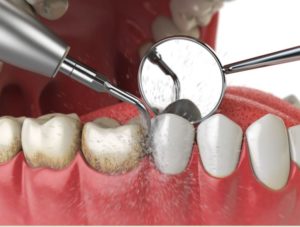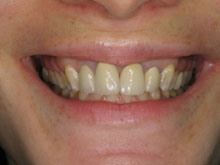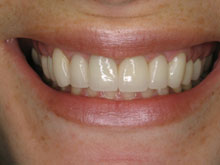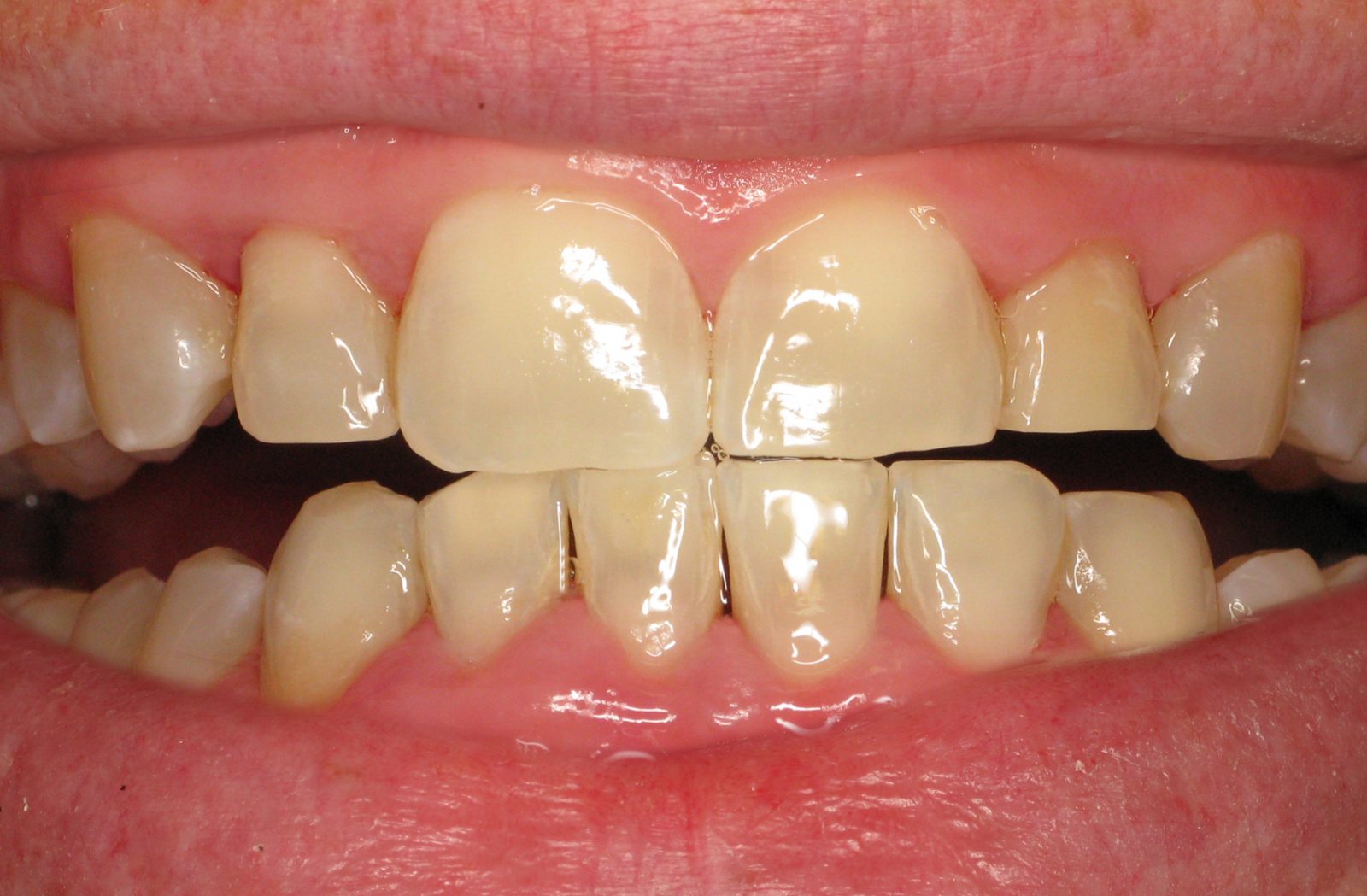What are the treatments for gum swelling during a professional dental cleaning?

During a professional dental cleaning aimed at addressing gum swelling, dental professionals utilize several treatments to alleviate inflammation and promote gum health:
- Scaling: This procedure involves removing plaque and tartar buildup both above and below the gum line. Dental instruments or ultrasonic devices are used to carefully scale away hardened deposits, reducing the sources of irritation causing gum swelling.
- Root Planing: Root planing smoothes out rough areas on the tooth roots to discourage bacterial attachment and facilitate gum tissue reattachment. This process aids in reducing inflammation and preventing further gum disease progression.
- Polishing: After scaling and root planing, the teeth are polished to remove residual plaque and stains. Smoothing the tooth surfaces helps inhibit bacterial adherence and reduces the risk of future inflammation.
- Antibacterial Rinse: Dental professionals may use antibacterial mouth rinses or gels containing antimicrobial agents to reduce the number of bacteria in the mouth. This helps control infection and inflammation in the gums.
- Fluoride Treatment: The application of fluoride, typically in the form of gels, foams, or varnishes, might be recommended to strengthen tooth enamel and prevent cavities. This aids in overall oral health and complements the gum treatment.
- Oral Hygiene Instructions: Dental professionals provide personalized oral hygiene instructions, including proper brushing and flossing techniques, tailored to the patient’s needs. Education on maintaining good oral care practices at home is crucial in managing gum swelling.
By incorporating these treatments into professional dental cleanings, patients can experience reduced gum swelling, improved gum health, and a lower risk of developing complications associated with gum disease. Schedule an appointment with our caring dental professionals by calling (877) 440-3564.
How do scaling and root planing help eliminate plaque and tartar?
Scaling and root planing are essential dental procedures aimed at removing plaque and tartar buildup, particularly in cases of gum disease or periodontitis. Here’s how these treatments effectively eliminate plaque and tartar:
- Scaling: This procedure involves carefully removing plaque and tartar deposits from the tooth surfaces, both above and below the gumline. Dental professionals use specialized instruments, such as ultrasonic scalers or hand scalers, to scale away the hardened deposits. Ultrasonic scalers use high-frequency vibrations to break down and dislodge plaque and tartar, while hand scalers have fine tips designed to remove deposits without damaging the tooth enamel.
- Root Planing: Root planing focuses on smoothing the rough surfaces of the tooth roots, typically done after scaling. The goal is to eliminate bacterial toxins, plaque, and tartar embedded on the roots. By creating a smooth surface, root planing discourages bacterial reattachment and helps the gums reattach more firmly to the teeth, reducing the depth of gum pockets.
These procedures effectively target the sources of irritation causing gum inflammation. Removing plaque and tartar prevents bacteria from proliferating and causing further damage to the gums and surrounding structures. By thoroughly cleaning the tooth surfaces and root surfaces, scaling and root planing contribute to reducing inflammation, controlling infection, and promoting gum tissue healing.
Scaling and root planing are instrumental in managing gum disease by eliminating bacterial deposits and creating a healthier oral environment. These treatments, often performed in multiple visits, are essential components of comprehensive periodontal therapy aimed at restoring gum health and preventing the progression of gum disease. Regular follow-ups and diligent oral hygiene practices at home are crucial for maintaining the benefits of scaling and root planing and preserving optimal oral wellness.
What role do antibacterial mouthwashes or oral rinses play in reducing gum swelling?
Antibacterial mouthwashes or oral rinses significantly reduce gum swelling by targeting harmful bacteria and controlling infection in the mouth. These specialized rinses contain antimicrobial agents, such as chlorhexidine or essential oils, designed to inhibit bacterial growth, plaque accumulation, and inflammation in the gums. When used as part of a comprehensive oral hygiene routine, antibacterial mouthwashes help eliminate bacteria contributing to gum disease, thereby reducing swelling, redness, and tenderness in the gums.
These rinses reach areas that brushing and flossing might miss, providing additional protection against bacterial buildup. Incorporating an antibacterial mouthwash recommended by a dental professional into daily oral care can effectively complement treatments, such as scaling and root planing, aiding in gum health improvement and reducing the risk of gum disease progression. Regular use, as directed, assists in maintaining optimal oral hygiene, mitigating gum swelling, and supporting overall gum health.
Are there specific anti-inflammatory medications used to address gum swelling?
Dental professionals may recommend over-the-counter or prescription nonsteroidal anti-inflammatory drugs (NSAIDs) to help manage gum swelling and associated discomfort.
Common NSAIDs such as ibuprofen (Advil, Motrin) or naproxen (Aleve) can help reduce inflammation and alleviate pain associated with gum swelling. These medications work by blocking the production of prostaglandins, substances that contribute to inflammation and pain. They can temporarily alleviate symptoms, relieving gum swelling caused by gingivitis or periodontitis.
However, it’s essential to note that while NSAIDs may offer temporary relief, they do not treat the underlying cause of gum disease. They should be used as directed by a dentist or healthcare professional and as part of a comprehensive treatment plan that may include professional dental cleanings, scaling and root planing, and other interventions to address the root cause of gum swelling.
Individuals experiencing gum swelling should consult a dentist or healthcare provider for proper evaluation and treatment recommendations. Good oral hygiene, regular dental check-ups, and professional cleanings are essential for managing gum swelling and optimal health. Call (877) 440-3564 to schedule a consultation with our experienced periodontists.






